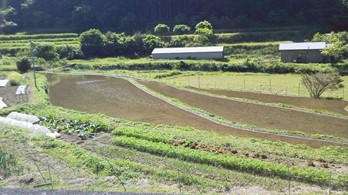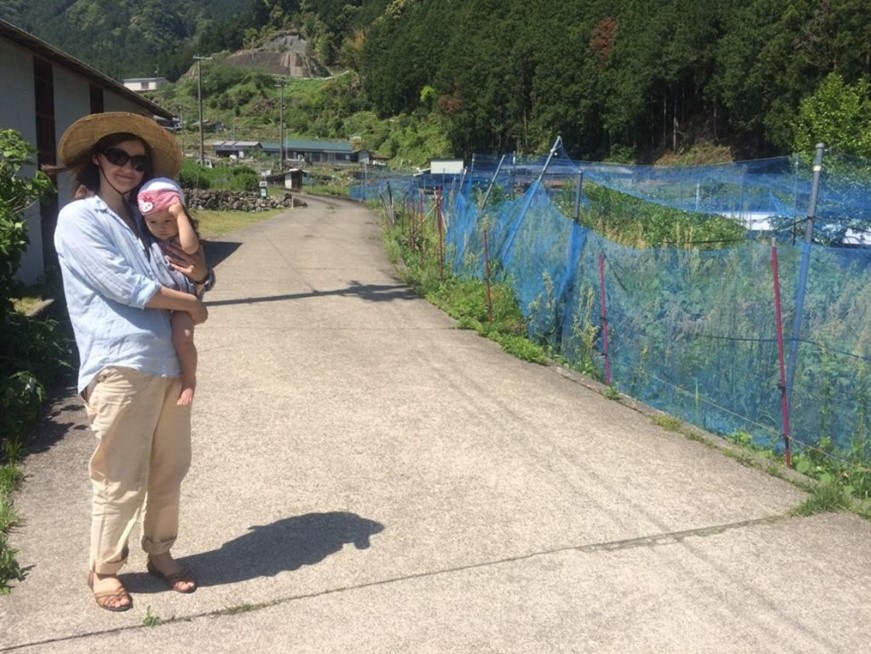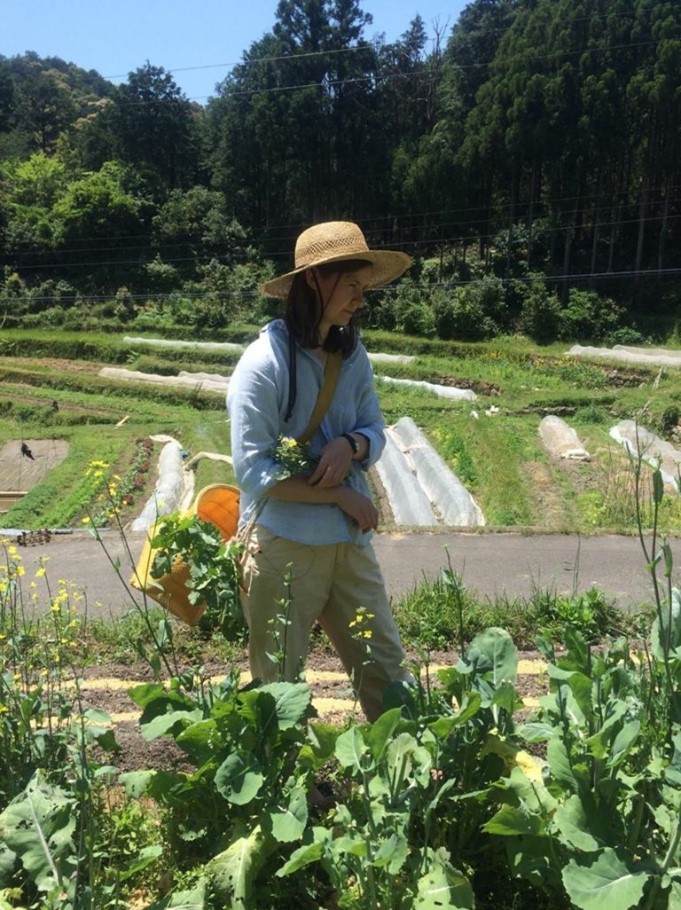by Ksenia Kurochkina
This is Ksenia Kurochkina here. In this post, I share how I started studying rural Japan and how my personal journey contributed to my research.
I came to Japan to study in 2009 with the main interest in contemporary society and younger generation’s working styles. I started visiting rural areas, first as my hobby, volunteering at organic farms. Interestingly, during my trips to villages, I had acquainted many young people from a social cohort I have not heard of before: young urbanites who recently migrated to the countryside to live and work. After witnessing high unemployment rates for youth, uncertainties of irregular employment, and psychological traumas of social withdrawals in the cities, I was very enthusiastic to see many young people with positive agendas, dreams, and revitalization projects on the outskirts of metropolitan areas. These people held different ideas on work, leisure, and the future from what I have seen in urban life. From my fascination with these people grew my research interest for the MA and Ph.D. theses on urbanites migrating to rural areas in Japan. Also, in the following twelve years since the beginning of my research, we all observed “how rural settlement in the ‘post’-productivist era has moved from ‘dropping out’ of the agenda to heading it” [1].

Copyright © Ksenia Kurochkina 2013
As a part of my dissertation project, I did long-term fieldwork in the Japanese countryside. I stayed for one year in a village in Kansai, renting a rural house, raising chickens in the backyard, and also getting ready to giving birth to my first child. Doing ethnographies, especially in sparsely populated remote areas, challenges researchers to investigate personal boundaries and engagements with informants. On the one hand, the immediate neighborhood with my informants gave me plenty of advantages in gathering valuable insights for my research. Through daily errands, I could closely observe the everyday lives of rural newcomers around their houses, paddy fields, and community. For example, because I was pregnant during the fieldwork and gave birth to my daughter in the local hospital, I could access the village’s young mothers’ community and learn a lot about their natural childbirth and child-rearing practices and how this contributed to their quality of life in rural environments. Caring for my backyard chickens with the advice and tips of my neighbors gave me valuable insights into newcomers’ routines of organic homesteading, sustainable cooking, and their deeper motivations for rural life.

Copyright © Ksenia Kurochkina 2015
On the other hand, I experienced that close interactions with some villagers may prevent a researcher from quality conversations with other villagers, as human relations in rural communities are loaded with many histories, rumors, and conflicts. For example, after some weeks in the fieldwork, I found out that two I-turn neighbor-newcomers have broken relationships and do not even greet each other. Therefore, I took measures to balance my relations with the informants to avoid bias.

Copyright © Ksenia Kurochkina 2015
When doing fieldwork in the countryside, building up trust with the informants is a big part of successful interviewing and participant observation. Although a researcher should take an independent stance in the field, personal relationships and experiences always contribute to the research path we are walking.
[1]
Halfacree, Keith. 2006. “From dropping out to leading on? British counter-cultural back-to-the-land in a changing rurality”, Progress in Human Geography 30, 3 (2006), pp. 309-336.
Ksenia Kurochkina is an associate researcher at Sociological Institute, Federal Center of Theoretical and Applied Sociology, Russian Academy of Sciences, St. Petersburg, Russian Federation. She received her PhD from Waseda University in 2021 with a thesis on lifestyles of young rural newcomers in Japan.
